Sunday 6 September 1964 on Southern
In depth into Southern Television’s schedule for Sunday 6 September 1964
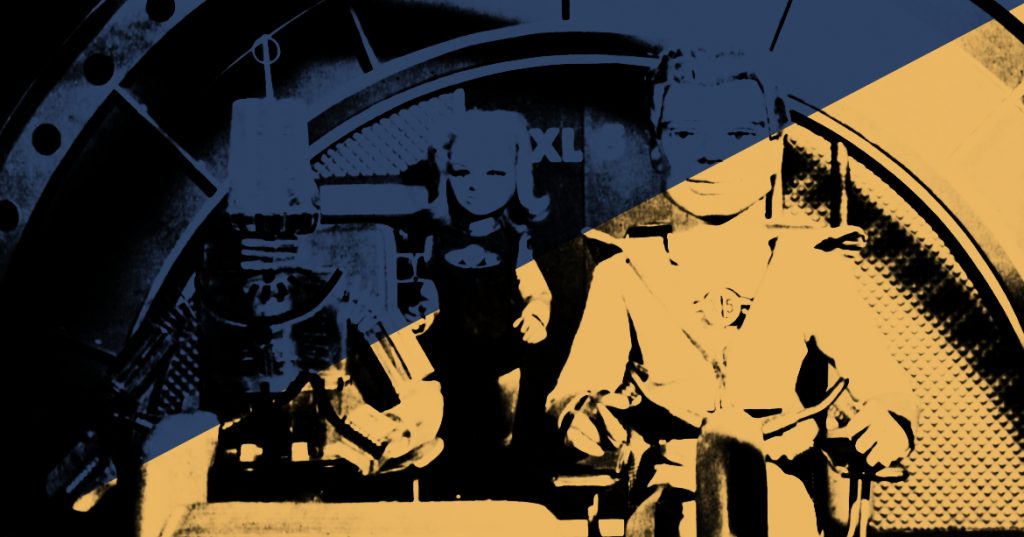
One of the few Pilkington Committee recommendations that the ITA accepted was a request for ITV to switch from Outside Broadcasts being all sport – and all horse racing at that – to using the large fleets to present more live non-sport material happening around the UK. To help this, the Postmaster General increased the annual allowance for OBs from 250 hours a year to 300 in 1964. This all led to there being more innovation in OBs, something that had been in danger of dying out when the units were just seen as a sports service.
An example is the Morning Service on Sunday 6 September 1964. Instead of sending the OB unit to a cathedral or large church nearby last night’s football game, ATV’s OB crew (well, Rediffusion’s crew, paid for by ATV) head to Gilwell Park, the headquarters of the British scouting movement, in Epping Forest, with the service being held around the camp fire.
Another example on Southern is them coming on for cricket at 1.15pm. This isn’t the usual test match or international game that would be networked by one of the Big 4 companies. Instead, Southern cameras head out to Hambledon in Hampshire to watch The Lord’s Taverners take on the crew of HMS Mercury in a friendly amateur afternoon game. This is of pure regional interest, and perhaps even just local interest to people in Hampshire, and something ITV could do better in its federal system than the monolithic BBC even with 2 channels now at its disposal.
This is followed by something else that regional ITV did better than the BBC or the Big 4 ‘national’ ITV companies: microserving specific regional interests. Southern’s farming programme is one of many shown around ITV in roughly this slot in areas like Westward, Border and Anglia. There’s no equivalent in London for obvious reasons. ABC is the exception, having a farming slot, albeit firmly aimed at viewers in its fringes – Lincolnshire and Westmoreland – and in the broad swathe of agricultural land in the north Midlands and the south of the North region. Even then, ABC’s programme had more of a ‘national farming service’ feel – like the BBC’s farming programmes – and little of the deep understanding of regional agricultural issues the smaller ITV companies could bring.
ITV’s system of networking saw the Big 4 companies (Granada, ABC, Rediffusion, ATV) decide the schedules for primetime ITV between them, so the two or three companies on air at any one time largely kept the same programmes in the same slots. The smaller companies followed this, as it was easier and cheaper to take a ‘live’ feed from the network than to time shift with their own facilities. Where there were disagreements between the Big 4 and programmes going out in different slots or on different days – The Avengers on Sundays on ABC and Thursdays on Rediffusion, for instance – this allowed flexibility for the minor regions: they could choose which feed to take.
Such a difference of opinion existed between Granada and Rediffusion over Ready, Steady, Go! Rediffusion showed it at 7pm on Friday, timed to catch the older teenagers before they went out dancing at 8pm. Granada held it until after 10pm, waiting for the younger teenagers to come home.
Southern’s choice was to ignore either of these potential options and instead time shift RSG! in their own region… to 2.48pm on a Sunday afternoon. As to who that was supposed to target is now lost to us; more by coincidence than design it does directly compete with the off-shore ‘pirate’ pop stations that were springing up around the south coast of England at that time and targeting ITV’s younger viewers and hipper advertisers.
Weekends are full of sport and religion, neither of which count towards the daily maximum hours. Throw in some adult education, as ATV and ABC do in the early afternoon, and you’ve got a ten-hour broadcasting day. This allows for entertainment programmes to run from 2.30pm, catching a lucrative family audience. This was much to the chagrin of Rediffusion on weekdays, with little or no religion and sport – horse racing simply being a bloc in the afternoons – shutting them out from getting a family audience in front of the TV before dinnertime. For the smaller companies, and ATV in London, the Sunday afternoon slot created by all the uncounted hours of programming, was used to run repeats and burn off material they couldn’t find a place for – perhaps explaining why RSG! is here on Southern. For ABC, family audiences were always the goal, as they were great to sell to advertising agencies: get the kids to clamour Dad for a product, get Dad to give the money to Mum for it, send Mum off to the shops on Monday morning with the money and the product both fresh in her mind. For this reason, quality ABC programming is often seen in this period debuting on a Sunday afternoon. Networked on 6 September is Miss Adventure, a comedy drama vehicle for Hattie Jacques that would’ve worked well in the evening, but here is perfect for mopping up the entire family before dinner.
4.15pm sees Fireball XL5 hit Southern screens. Before the word “green” was in use in politics, the go-to word for a concern for the environment was “ecology”. Before that word, people talked about “the problems of pollution”. This was as close as most people got to worrying holistically about the sustainability of modern society. One of the surprising places where this concept is given voice is Fireball XL5. The series had a strong thread of compassion running through it, with Steve Zodiac, Venus and Professor Matthew Matic worrying about their impact on the universe, taking care not to disturb alien environments and always keeping one eye on pollution.
In today’s episode, a planet is found where mining operations have fundamentally undermined the whole globe. What can be done? The top bosses decide that disintegrating it will make for a safer galaxy. But the puppet stars take time to worry about the disintegration causing further pollution in space. And they take a trip to the surface to make sure that the planet is indeed uninhabited and uninhabitable. While there, they find a thriving civilisation to which the abandoned mine shafts are home – a new, liveable environment having been made out of a previously inhospitable one. The disintegration must therefore be stopped and the planet cared for: a bold deviation from the way things were done at the time.
The later reaches of Sunday afternoons were seen as a good place to put on films, with the perception that Dads would watch while the Mums were making dinner or supper, depending on when the main Sunday meal was eaten – it varied by class. Granada was delegated the job of buying in Hollywood films, probably on the back of their experience with the Granada Theatres chain in the south-east of England. But there were two other film companies involved in ITV, both of them also running huge national cinema chains. ABC was owned by the Associated British Picture Corporation, and therefore films on or offered to the network from ABC tended to be from the ABPC/Warner stable. Southern was part-owned (and controlled by) the Rank Organisation, so it offered films from Rank’s huge back catalogue. This Sunday across the network is 1955’s Track The Man Down, featuring singer Petula Clark. This one has probably come from ATV, with the film having been made by British Lion at Nettlefold Studios, which had been bought by Sapphire Films using ATV’s Incorporated Television Company subsidiary’s money.
In the 1950s, all television was banned for an hour on Sunday evenings by the Postmaster General to make sure it didn’t distract from people going to Evensong at their local church. ABC lobbied hard for this to be relaxed, suggesting instead that television should serve people who couldn’t go to church – people who were regular churchgoers would remain regular churchgoers, but the old, the disabled and people with childcare responsibilities were being denied a chance at getting some God-time in, and TV would bring it to them. The PMG saw sense in the late 1950s and allowed that hour to be used for religious and moral discussion, celebration and contemplation – and nothing else. ABC’s response was The Sunday Break, designed as a church youth club of the air.
Of the three heavier members of the Big 4, Rediffusion had become famous for its hard-hitting documentaries, whilst Granada had created a virtual monopoly on deep investigative journalism. ABC had a soft spot for looking at social issues, which would become all the more of interest to the public following the election in October returning a Labour government and the appointment in 1965 of the liberal reformer Roy Jenkins as Home Secretary, leading to the suspension of capital punishment, abortion and divorce reform, abolition of theatre censorship, a reduction in the voting age from 21 to 18 and the partial decriminalisation of male homosexuality. All of these subjects had been discussed across various ABC programmes in the 1960s, and this evening The Sunday Break, now more focussed on ‘morals’ than religion, turns its social reformist eye to ‘the colour bar’ – or racism as we now call it. At this point in time it was legal to incite racial hatred and refuse to serve, employ or house people of colour (that would also change under Labour, with the Race Relations Act 1965). Was this morally acceptable? The group of young people in the club discussed the matter and decided that no, it was not.
At 8.25pm the ITV network goes to Blackpool with ABC. This programme had its roots in a dispute between ABC and ATV. The two weekend companies had often descended to petty bickering over costs and scheduling, caused by one of the iniquities of the ITV setup. The original design of ITV was for competition to be the key in everything it did. It would compete with the BBC for audience, but also within itself for programmes. This, it was felt, would drive costs down whilst driving quality up. As usual, this didn’t work and ITV settled into a cosy duopoly with the BBC. The one part of the plan that did survive was how payments for programmes were allocated. The Big 4, making the majority of programmes, charged roughly two thirds of the cost to the other 3. For instance, a Rediffusion show made for £10,000 would be paid for by Rediffusion paying £4,000, Granada paying £4,000 and ATV Midlands paying £2,000 (reflecting its lower population size compared to the other two regions). As more ITV companies started broadcasting, that system remained, with the Big 4 selling each others’ programmes en bloc on to each company in an affiliate model and recouping some costs that way.
ABC and ATV London, however, was where this system failed. If ATV made a programme for £10,000, ABC had to pay £6,600 for it or come up with a replacement – not easy when ATV, Delfont, the two Grades and Val Parnell controlled virtually all the London talent between them. Making it worse was ABC’s suspicion that ATV were inflating the prices of each programme, to the point where ABC were paying four fifths or nine tenths of the cost while ATV pocketed the rest as profit. Howard Thomas and Lew Grade had stand-up arguments over this, with Grade waving invoices at Thomas to prove that costs were fair, whilst Thomas noted that the waving, and strategically placed thumbs and cigar ash, prevented him from double checking.
In 1963, the most popular light entertainment programme on ITV was Val Parnell’s Sunday Night at the London Palladium, made by ATV. The price per episode continued to climb across the year, until the show became uneconomic for ABC and they refused to pay until it was audited. ATV’s response was to threaten to withhold the programme from ABC, leaving them with an expensive hour to fill by themselves at the heart of primetime on lucrative Sunday nights, with ATV not paying in and it being unlikely that ABC’s small number of affiliated ITV regions would want to show the replacement nor pay for it.
But Howard Thomas decided that a line needed to be drawn, and that line was Blackpool Night Out. By using ABC’s own recently refurbished theatre in Blackpool, and drawing upon talent appearing in summer season in the northern holiday resorts, they could keep costs down and make sure that Delfont and the Grades couldn’t use their dominance over the London scene to intervene. The resulting show cost less than ABC had been paying ATV, drew the same sized audiences and kept the other ITV companies on side. ATV London had no choice but to show it, and to pay a third of the costs, the pound cost of which became the benchmark for similar programmes, and the Palladium show, in future.
Casebook at 10.35pm is unusual. This isn’t a TV series – it’s an Anglo-Amalgamated B-feature for use in cinemas, running as a short between the newsreel and the main feature in the days when cinema screenings were on a loop (you came in at any point and left when you reached the point that you’d come in at – a practice that was normal then but seems totally mad now). Anglo-Amalgamated were 50% owned and controlled by APBC, ABC’s parent, so these types of series came cheap for ITV. The cherishably named Edgar Lustgarten was not a famous criminologist. He was famous, but for his voiceover work (it’s him that Charles Gray is mimicking in The Rocky Horror Picture Show) and his crime novels, which were dramatic retellings of true crime stories. The series was known as The Scales of Justice when Associated-British Pathé sold it into syndication in the US.
With 7 hours allowed for general entertainment a day, ITV would be off by 11pm in accordance with the rules. To push things closer to a more natural bedtime, half an hour of adult education, not counted, gets inserted at the end of the day. As usual with adult education programmes shown late at night, it’s debatable as to whether tonight’s show, To Hell With Culture…?, is actually educational. From the description, it sounds like something London Weekend would be putting out at 9pm on Sundays in 1969, and indeed seems to be arguing for London Weekend’s failed policy of bringing arts and culture to the masses at peak times.
About the author
Kif Bowden-Smith is the founder of the Transdiffusion Broadcasting System. Russ J Graham is the editor-in-chief.

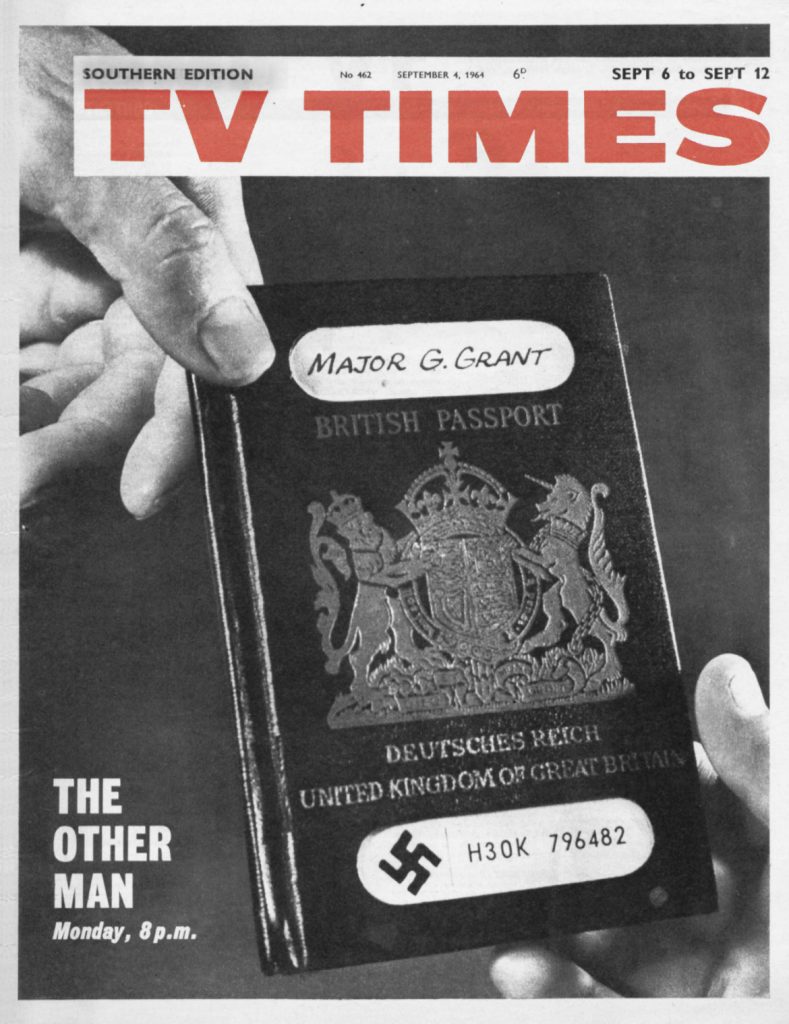
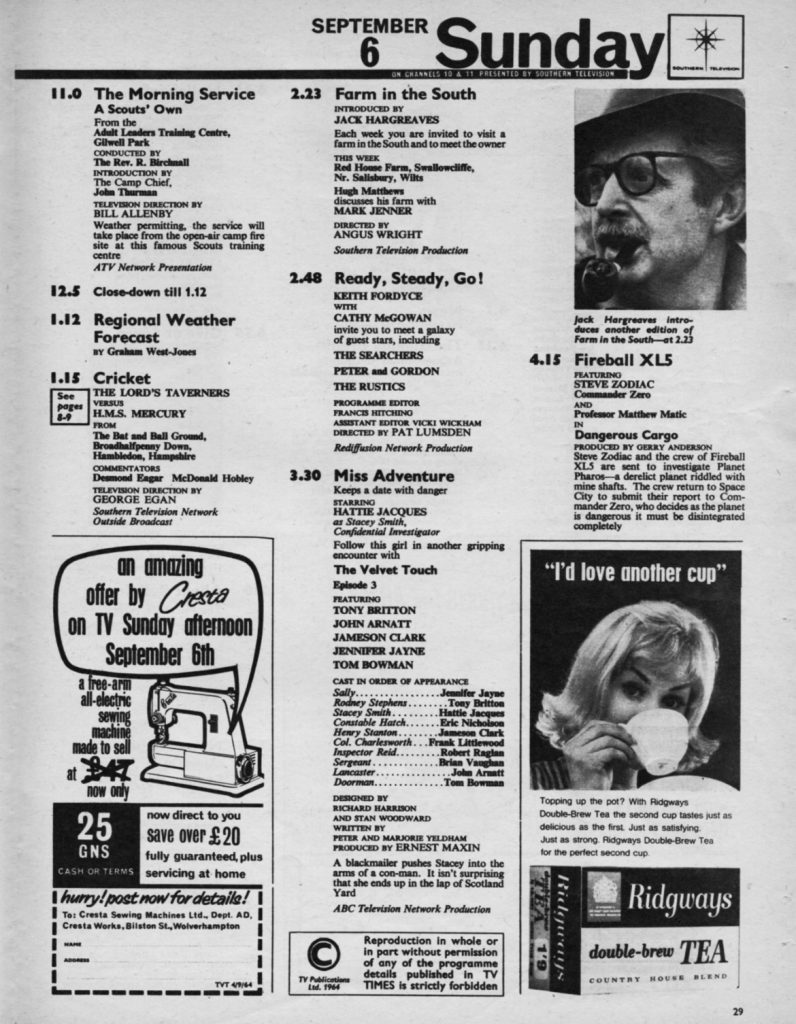
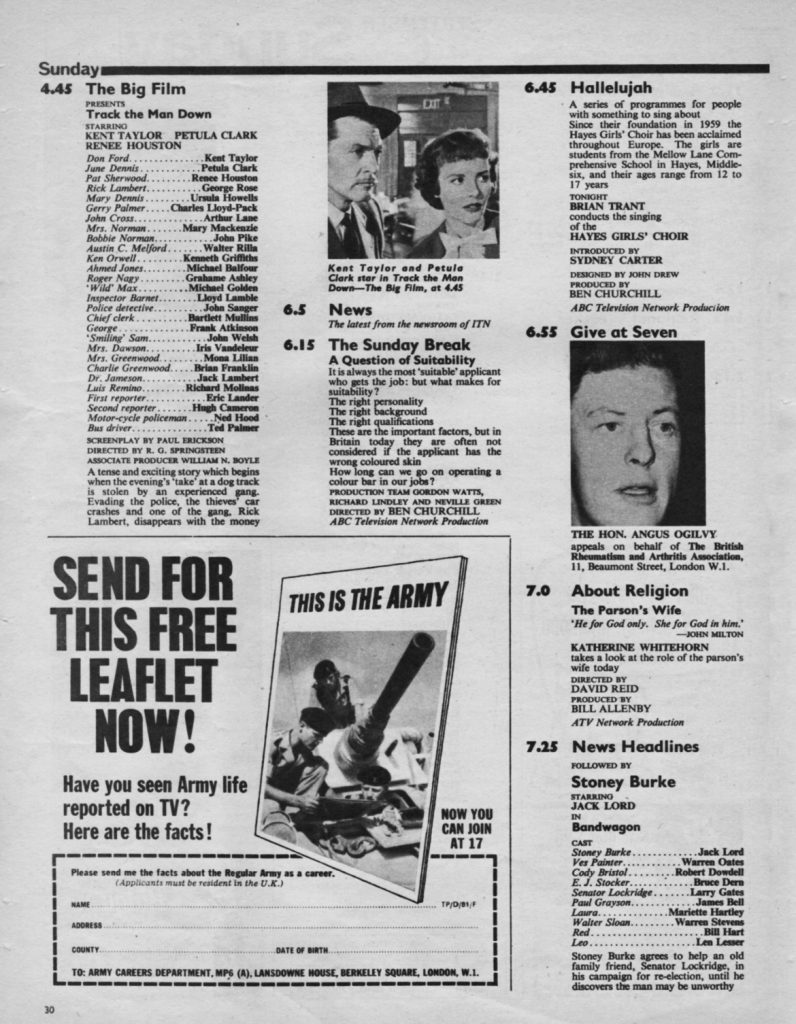

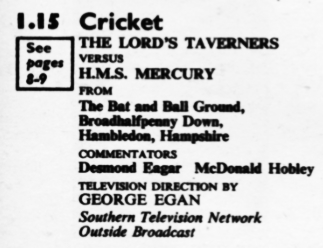
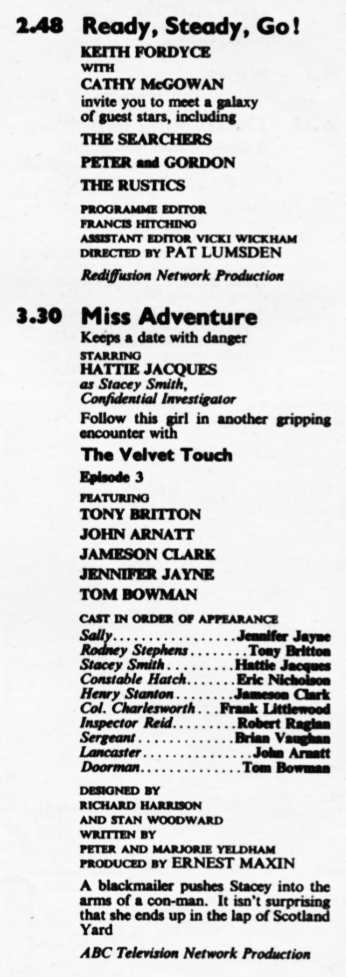
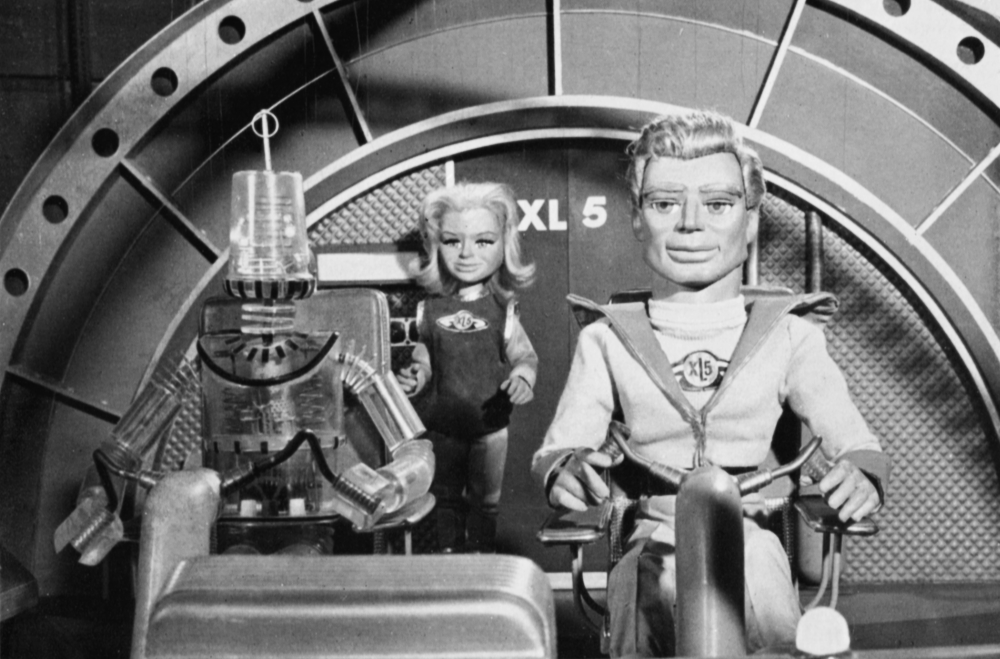
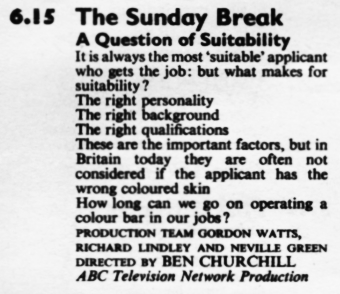
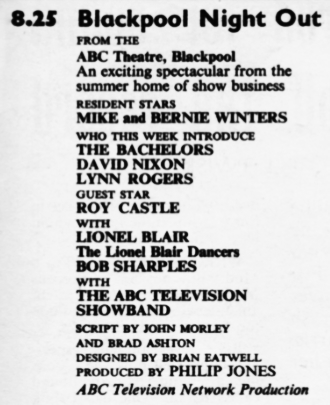
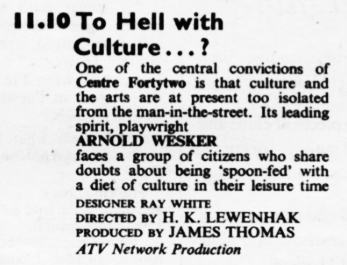
The Big Film at 4.45, or should I say, the B-movie stars veteran US actor Kent Taylor who played Boston Blackie on TV for two years from 1951 for Ziv Productions in B/W and Colour.